The Budget 2025 has brought significant updates to the new tax regime under Section 115BAC, impacting both individual and business taxpayers. With revised tax slabs and limited deductions, taxpayers now have a streamlined yet restrictive approach to taxation. While the new regime offers lower tax rates, many commonly used exemptions and deductions from the old regime are not available. However, certain deductions like employer contributions to NPS, standard deductions, and specific allowances remain applicable. Understanding these changes is crucial for making informed financial decisions.
Income Tax Slabs for FY 2024-25 (New Regime)
| Total Income (₹) | Tax Rate (%) |
|---|---|
| 0 – 3,00,000 | 0% |
| 3,00,001 – 6,00,000 | 5% |
| 6,00,001 – 9,00,000 | 10% |
| 9,00,001 – 12,00,000 | 15% |
| 12,00,001 – 15,00,000 | 20% |
| Above 15,00,000 | 30% |
- Rebate under Section 87A: Individuals with taxable income up to ₹7 lakh get a full rebate, meaning no tax liability, and Marginal Relief also available, but above slabs are not applicable in case of special income like STCG, LTCG, Crypto, Lottery, betting, gaming etc.
New Tax Regime (Budget 2025) – Latest Slabs
The new tax regime (Section 115BAC) has been modified in Budget 2025. Below are the latest slab rates:
| Slab (Total Income ₹) | New Tax Rate (%) |
|---|---|
| 0 – 4,00,000 | 0% |
| 4,00,001 – 8,00,000 | 5% |
| 8,00,001 – 12,00,000 | 10% |
| 12,00,001 – 16,00,000 | 15% |
| 16,00,001 – 20,00,000 | 20% |
| 20,00,001 – 24,00,000 | 25% |
| Above 24,00,000 | 30% |
🔹 Maximum rebate available: ₹60,000 (Applicable for income up to ₹12 lakh), Marginal Relief also available, but above slabs are not applicable in case of special income like STCG, LTCG, Crypto, Lottery, betting, gaming etc.
Which Deductions Are Allowed Under the New Tax Regime?
- Deduction for employer’s contribution to NPS account under section 80CCD(2). The deduction under this section has been increased from 10% to 14% of the salary in budget 2024.
- The standard deduction is Rs.75,000 for Salary and Pension income under the new regime.
- Deduction for family pension scheme under section 57(iia) upto a maximum of Rs.25,000 (1/3 of family pension or Rs.25000 whichever is lower)
- Deduction of the amount deposited or paid in the Agniveer Corpus Fund under section 80CCH(2).
- Transport allowance is provided to specially-abled persons.
- A conveyance allowance was received as compensation for the expenditure incurred as a part of the employment.
- Allowance is received to meet the expenses of tour, transfer, or travel.
- Daily allowance received in order to meet the ordinary expenses due to his absence from the place of duty.
- Perquisites received for official purposes.
- Exemption on voluntary retirement under section 10(10C), leave encashment u/s 10(10AA) and gratuity under section 10(10).
- Gifts received upto Rs.50,000.
- Interest on a home loan on the let-out property (section 24).
Deductions Excluded from Business Income Under the New Regime
Deductions and exemptions that cannot be claimed against business income include:
- Additional depreciation (Section 32)
- Investment allowance (Section 32AD)
- Sector-specific deductions (Sections 33AB and 33ABA)
- Expenses on scientific research (Section 35)
- Capital expenditure deductions (Section 35AD)
- SEZ unit exemption (Section 10AA)
Which Exemptions and Deductions Are Not Claimable Under the New Regime?
Some major deductions and exemptions that cannot be claimed under the new tax regime are given below –
- Professional Tax
- Entertainment allowance
- Leave Travel Allowance (LTA).
- House Rent Allowance (HRA).
- Helper allowance
- Minor child income allowance.
- Allowance to MPs/MLAs
- Special allowances under section 10(14).
- Children’s education allowance.
- Additional Depreciation under section 32(1)(iia).
- Deductions under section 32AD, 33AB, and 33ABA.
- Deductions for donations or expenses related to scientific research are available under sections 35(2AA), 35(1)(ii), 35(1)(iia), and 35(1)(iii).
- Deductions under section 35AD and 35CCC.
- Interest on housing loan on the self-occupied property or vacant property.
- Chapter VI-A deductions (except Section 80CCD(2) and Section 80JJAA).
- Exemption and deduction for allowances and other perquisites, including food allowance of Rs.50 per meal to a maximum of 2 meals a day.
- Donations are made to a trust or a political party.
- Employee’s own contribution to NPS.
Section115BAC for Taxpayer having Business Income
Under Section 115BAC of the Income Tax Act, taxpayers with business income have the option to choose between the old tax regime (with deductions and exemptions) and the new tax regime (with lower tax rates but no deductions). However, this choice comes with specific conditions:
- If a taxpayer opts for the new tax regime, it will remain applicable for all subsequent financial years.
- The taxpayer must intimate their employer (if applicable) about this choice.
- Unlike salaried individuals who can switch between regimes every year, business taxpayers cannot change their choice annually.
- They can revert to the old tax regime only once in their lifetime, and once they switch back, they cannot opt for the new tax regime again unless allowed under specific prescribed conditions.
House Property Loss Under the New Tax Regime
Under the new tax regime, you cannot claim a deduction for housing loan interest on a self-occupied property. The Rs 2 lakh deduction available under the old regime is not applicable here, and you cannot offset the Rs 2 lakh loss from house property against your salary income.
For let-out properties, you can claim a deduction for interest paid on the housing loan. However, the new tax regime limits the deduction to the taxable rent received, unlike the old regime. Additionally, you cannot offset any loss from the house property caused by excess interest paid over the rental income, against other income heads. The loss from house property also cannot be carried forward to future years for set-off.
With the latest modifications in Budget 2025, the new tax regime offers a simplified tax structure but limits various exemptions and deductions. While it benefits those who prefer lower tax rates with minimal documentation, taxpayers must carefully evaluate their eligibility for available deductions before making a choice. For business taxpayers, the decision to opt for the new tax regime is particularly critical, as it comes with long-term implications. As the financial year progresses, staying updated on tax provisions will be essential for efficient tax planning and compliance.
The Finance Act 2023 has amended the provisions of Section 115BAC w.e.f AY 2024-25 to make new tax regime the default tax regime for the assessees being Individual, HUF, AOP (not being co- operative societies), BOI or Artificial Juridical Person. However, the eligible taxpayers have the option to opt out of new tax regime and choose to be taxed under old tax regime. The old tax regime refers to the system of income tax calculation and slabs that existed before the introduction of the new tax regime.
In case of “non-business cases“, option to choose the regime can be exercised every year directly in the ITR to be filed on or before the due date specified under section 139(1).
In case of taxpayers having “income from business and profession” and who want to opt out of new tax regime, the assessee would be required to furnish Form 10-IEA on or before the due date u/s 139(1) for furnishing the return of income. Also, for the purpose of withdrawal of such option i.e. opting out of old tax regime shall also be done by way of furnishing Form No.10-IEA. New tax regime is the default tax regime. However, taxpayers can opt for the old regime.
New vs. Old Tax Regime> FAQs
- What is the difference between the old and new tax regime?
Ans: The tax slabs and rates are different in old and new tax regimes. Various deductions and exemptions are allowed in Old tax regime. The new regime offers lower rates of taxes but permits limited deductions and exemptions.
- Which is better between the old tax regime and the new tax regime?
The option to choose between two regimes may vary from person to person. It is advisable to do a comparative evaluation and analysis under both regimes and then choose as per requirement. Taxpayers can broadly estimate and compare tax liability under the new and the old tax regime using Income and Tax Calculator on the Income Tax Portal.
- Is it necessary for the employee to intimate the tax regime to the employer?
Yes, the employee has to intimate the employer regarding his intended tax regime during the year. If the employee does not make an intimation, it shall be presumed that the employee continues to be in the default tax regime and has not exercised the option to opt out of the new tax regime. Thus, the employer shall deduct tax in accordance with the rates provided under section 115BAC.
However, the intimation made to the employer would not amount to exercising the option in sub- section (6) of section 115BAC for opting out of the new tax regime. The employee shall be required to do so separately before the due date specified under section 139(1) for filing of return of income.
- I am a salaried taxpayer. Can I claim HRA exemption in the new regime?
Under the old tax regime, House Rent Allowance (HRA) is exempted under section 10(13A) for salaried individuals. However, this exemption is not available in the new tax regime.
- Am I eligible for Rs. 75,000 standard deduction in the new tax regime?
Yes, Standard deduction of Rs.75,000 or the amount of salary, whichever is lower, is available under new tax regimes and Rs.50000 under old Tax Regime from AY 2024-25 onwards.
- In the new tax regime can I claim deductions under chapter-VIA like section 80C, 80D, 80DD, 80G etc. while filing the ITR
In new tax regime, Chapter-VIA deductions cannot be claimed, except deduction u/s 80CCD(2)/80CCH/80JJAA as per the provision of Section 115BAC of the Income Tax Act, 1961. In case, taxpayer wants to claim any deductions (as applicable), then taxpayer needs to choose the old tax regime by selecting “Yes” option in ITR 1 / ITR 2 (or) “Yes, within due date” option in ITR 3 / ITR 4 / ITR 5 in the field provided for “opting out option” under Schedule ‘Personal Information’ or ‘Part- A General’ in the respective ITR.
- Can I claim deduction of Interest on borrowed capital of Rs. 2,00,000/- for self occupied property under Income from House Property in the new tax regime?
In the new tax regime, “Interest on borrowed capital for Self-occupied property” is not allowed as a deduction from Income from House property as per the provision of Section 115BAC of the Act, 1961. In case, the Taxpayer wants to claim deduction of interest on borrowed capital for SOP, then taxpayer must choose ‘Old Tax Regime’ by selecting “Yes” in ITR 1 / ITR 2 or “Yes, within due date” option in ITR 3 / ITR 4 / ITR 5 in the field provided for “opting out option” in the ITR Form.
- I am a senior citizen. In the old tax regime there are special advantages in tax rates for senior citizens. Are there any such advantages in new tax regime?
In the old tax regime , the basic exemption limit for senior citizens is Rs. 3,00,000/- and for super senior citizens, it is Rs. 5,00,000/-. In the new tax regime, no income tax is payable upto the total income of Rs. 12 Lakh.
- Is there any difference in tax rebate under section 87A in old and new tax regime?
In the old tax regime in case of a resident individual, whose total income does not exceed Rs. 5,00,000/- there is rebate of 100 percent of income tax subject to a maximum of Rs. 12,500/.
In the new tax regime in case of a resident individual, whose total income does not exceed Rs. 12,00,000/- there is rebate of 100 percent of income tax subject to a maximum of Rs. 60,000/.
- While filing ITR I want to opt for the old tax regime instead of the default new tax regime, should I file Form 10-IEA before filing his income tax return (ITR)?
Form 10-IEA is a declaration made by the return filers for choosing the ‘Opting Out of New Tax Regime’. An Individual, HUF, AOP (not being co-operative societies), BOI or Artificial Juridical Person with business or professional income must submit Form 10-IEA if they wish to pay income tax as per the old tax regime. On the other hand, taxpayers who do not have income from business or profession can simply tick the “Opting out of new regime” in the ITR form without the need to file Form 10-IEA. Simply put, only those who file ITR-3, ITR-4 or ITR-5 have to submit Form 10-IEA if they have business income (other than coop societies). Individuals and HUFs filing their returns in Forms ITR-1 or 2 are not required to submit Form 10-IEA.
- I am filing ITR in new regime , Can I switch between old and new tax regime in the next years?
An Individual, HUF, AOP (not being co-operative societies), BOI or Artificial Juridical Person with business or professional income will not be eligible to choose between the two regimes every year. Once they opt out of new tax regime, they have only one chance for switching to new regime. Once they switch back to the new regime, they won’t be able to choose old regime anytime in future. An individual with non business income can switch between the new and old tax regimes every year. Within the same year, again it is emphasized that the choice of old tax regime can be made only before the due date of filing the return u/s 139(1) of I T Act.
- I am having business income and have opted in and opted out from the new regime in the previous years. So, will I be in old regime ?
Please note that new tax regime is default regime for AY 2024-25. Any actions in any previous years with respect to choice of regimes will not be applicable from AY 2024-25. You are required to submit Form 10-IEA again in case you want to opt for the old regime.
- I have business income, I have wrongly filed Form 10-IEA but want to file the return under new tax regime. As there is no option to withdraw Form 10-IEA in that case whether my return can be filed under new tax regime?
Once Form 10IEA is filed for AY 2024-25, then it cannot be revoked / withdrawn in same AY. If you wish to re-enter into new tax regime then you can file Form 10IEA for withdrawal option in the next assessment year. Again it is emphasised that that the choice of old tax regime can be made only before the due date of filing the return u/s 139(1) of IT Act.
- I am filing ITR-5. I want to opt out of new tax regime? Whether Form 10-IFA or Form 10- IEA would be applicable to me?
Form 10-IEA is applicable to AOP’s (other than Co-operative society) or BOI or AJP, who are filing return of Income in ITR-5 for AY 2024-25.
Form 10-IFA is applicable to new manufacturing co-operative Societies resident in India filing ITR 5, if they wish to avail New Tax Regime under Section 115BAE for AY 2024-25.
Visit www.cagurujiclasses.com for practical courses


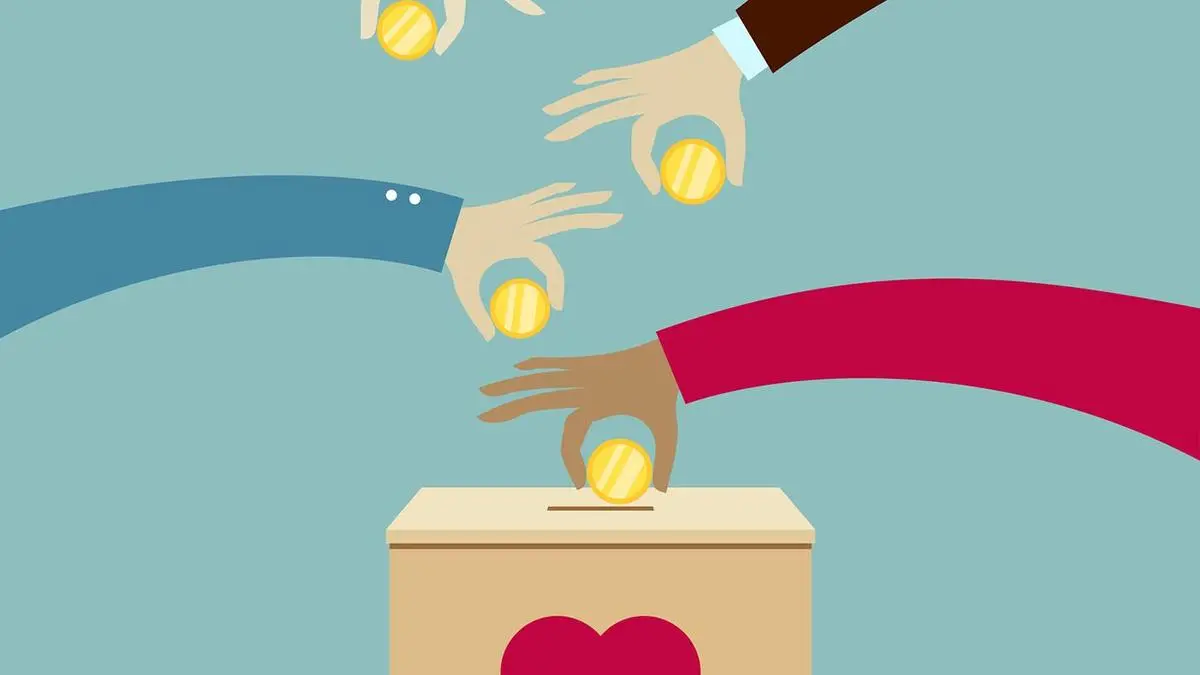
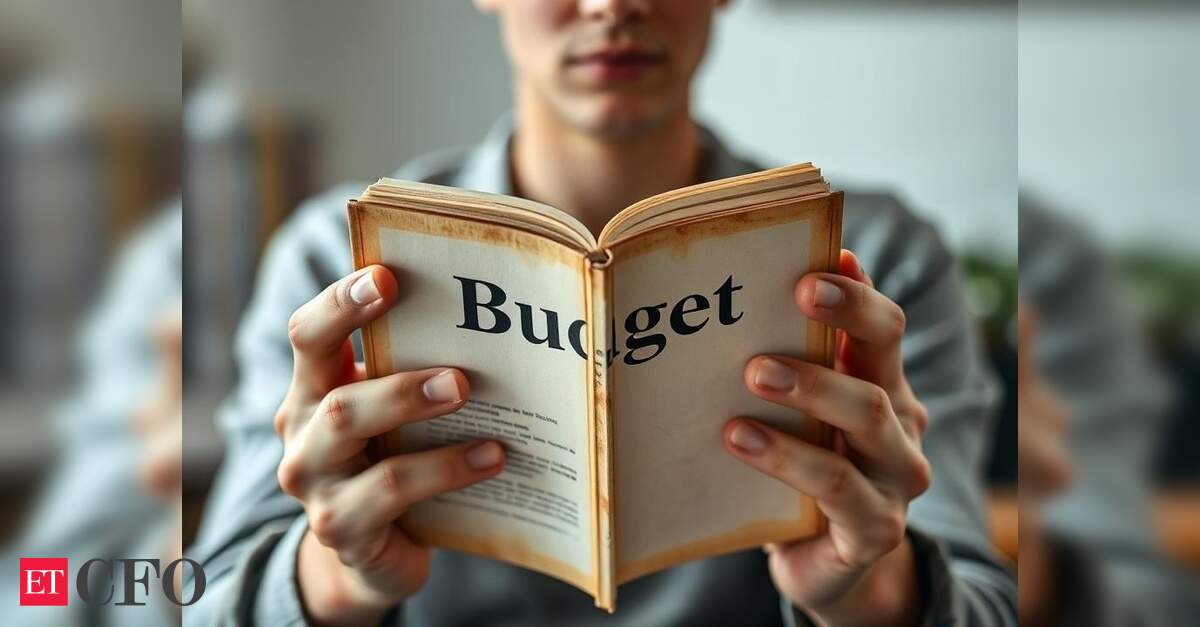
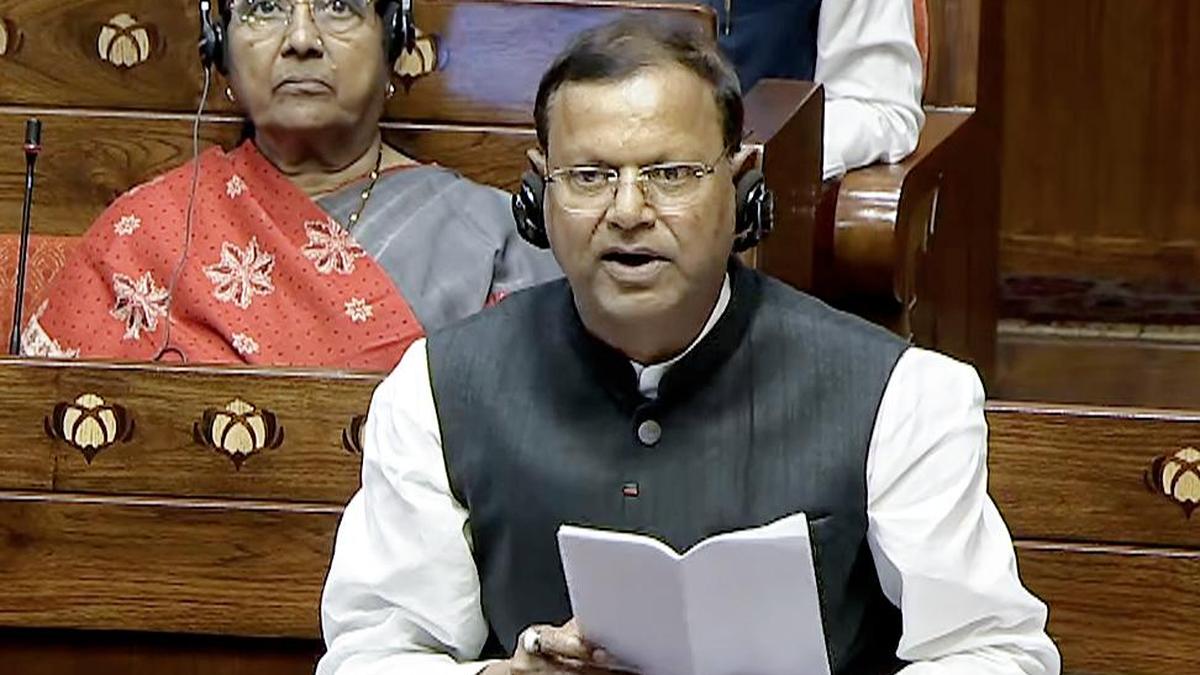
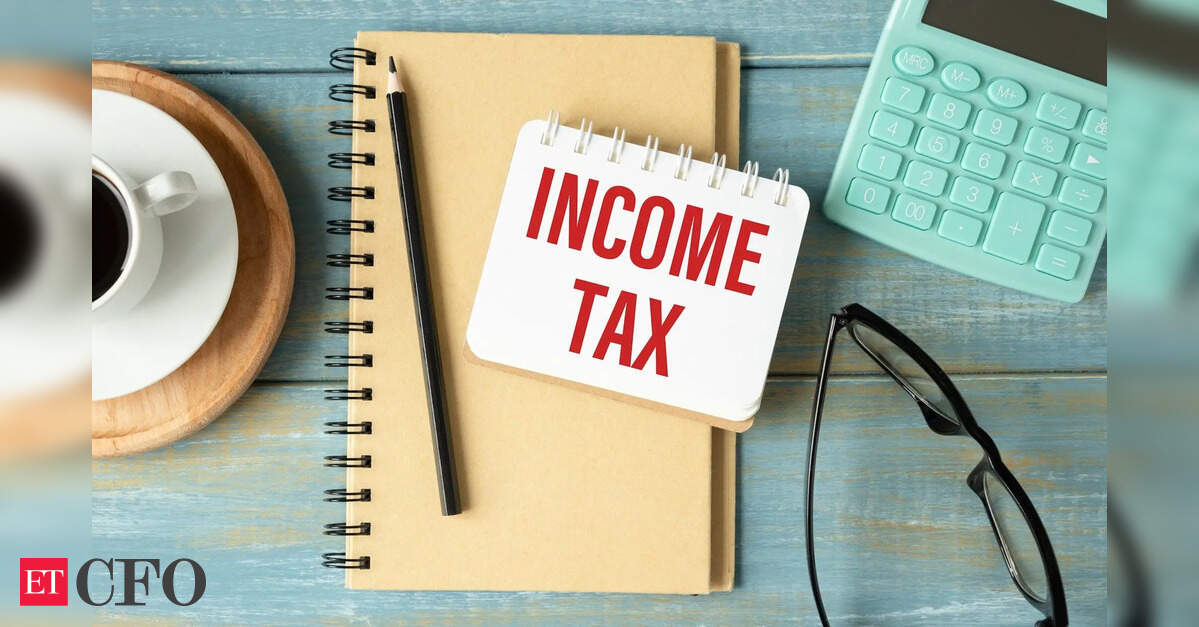
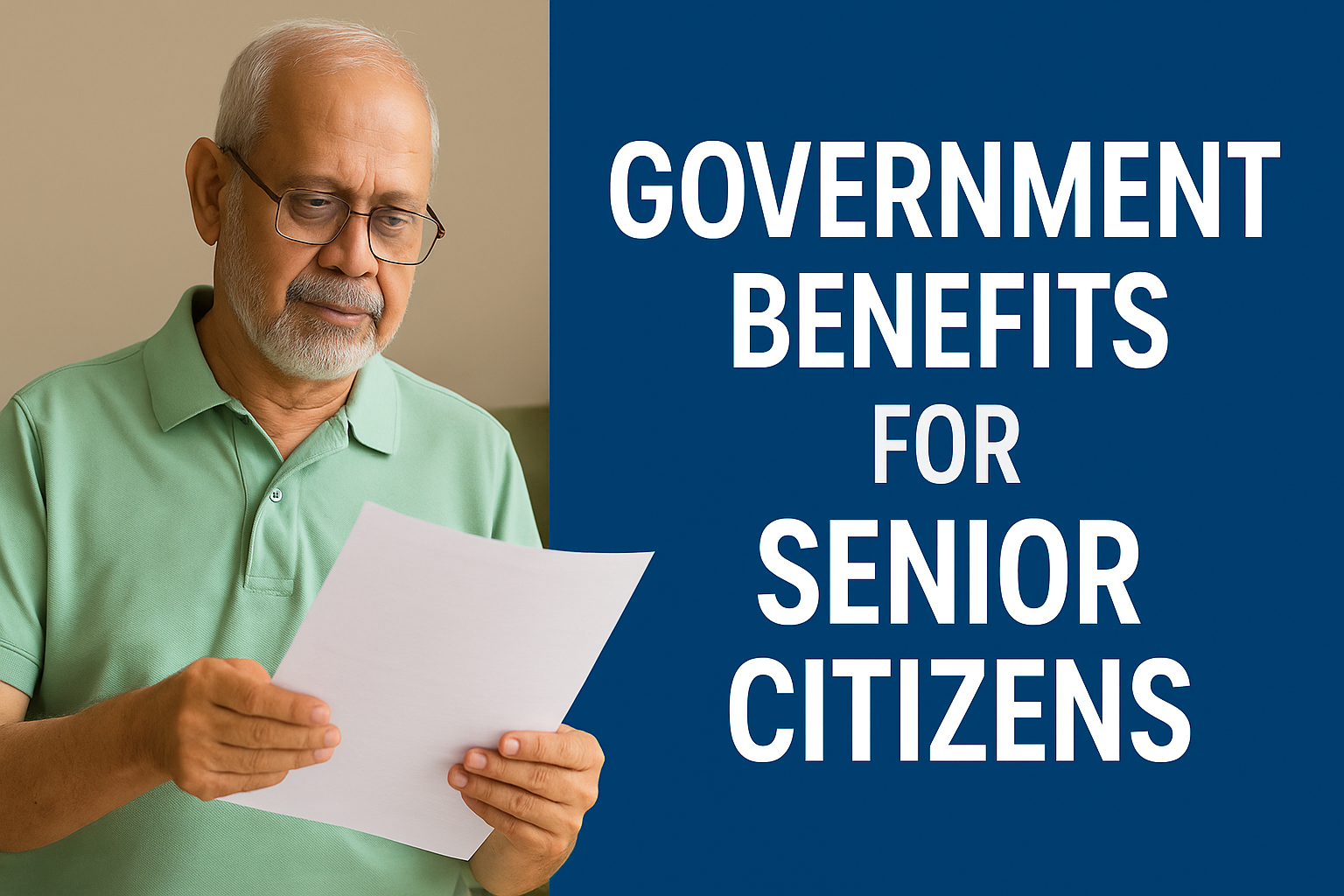


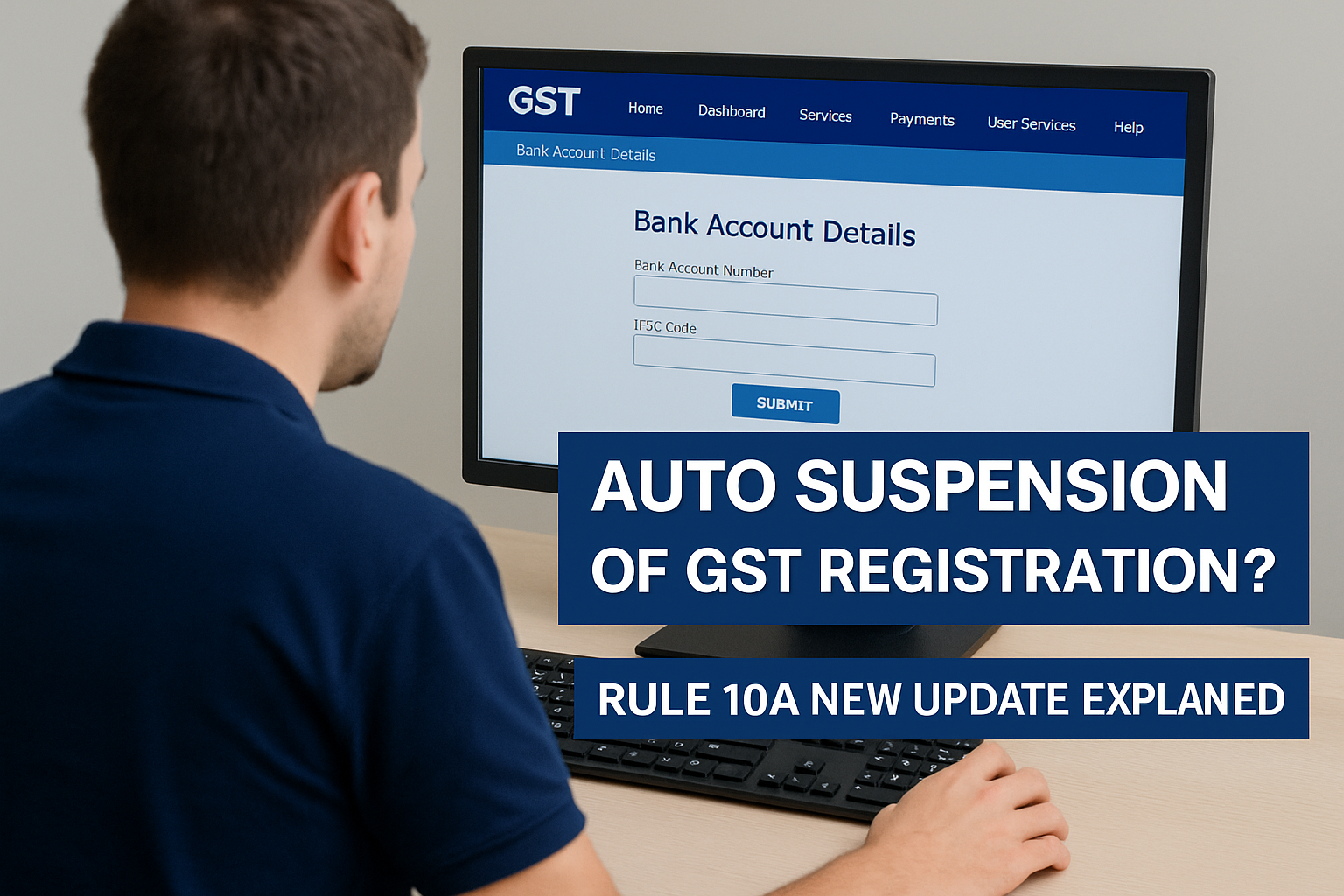

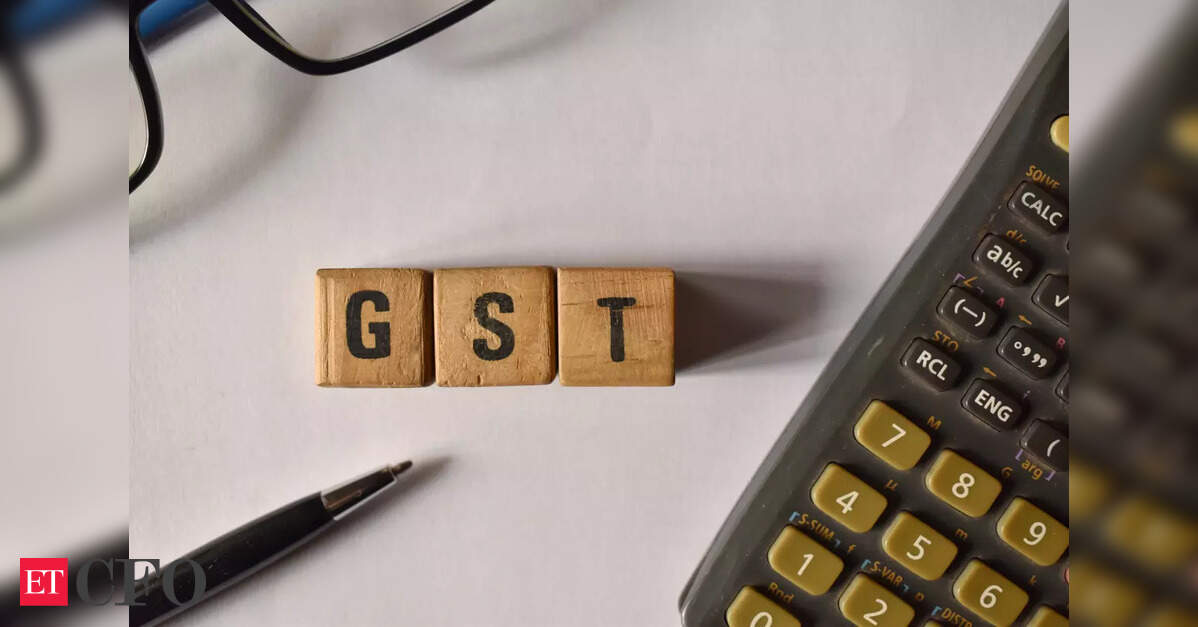
Is a Sr Indian Citizen having income from Pension(salary) & intt only, who happens to have a non resident status for income tax purposes on account of his stay abroad in a particular year, is eligible for tax exemption upto income of Rs.12 lakhs?
Is a Sr Indian Citizen having income from Pension(salary) & intt only, who happens to have a non resident status for income tax purposes on account of his stay abroad in a particular year, is eligible for tax exemption upto income of Rs.12 lakhs?
I am a pensioner, and I have some dividends recd on shares to the extent of rs5000/-, my question is, whether iam eligible for rebate under sec 87A for the pension, other income like int on deposits put together to 12lakhs, if ulthe dividends income includes, whether am I eligible for rebate, kindly clarify